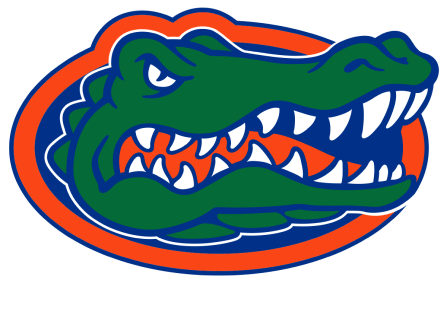Meldon Law was proud to sponsor this incredible event that has been running for over 30 years. The BJ Classic Golf Tournament, held at Ironwood Golf Course in Gainesville, FL raises money for the Law Enforcement Memorial Family Crisis Fund, which directly supports law enforcement families going through difficult situations.
Meldon Law
and the Community
For five decades, since we first opened the doors of Meldon Law, we have been dedicated to giving back to our local community and making our world a better place.
Serving others has been part of our business from its inception. Our personal injury attorneys and team have built long-standing relationships and partnering with the nonprofits in our area and beyond. What started as just one office in Gainesville is now a team throughout the state of Florida ready to make a difference in the community.
Whether addressing our community’s needs during a pandemic by feeding first responders or spending years recognizing scholar youths and veterans in our area, Meldon Law Cares about all of our neighbors. Check out a few of our service highlights below.

BJ Classic Golf Tournament

Makin Bacon Festival in Williston
Meldon Law was proud to be the title sponsor of the 4th Annual Makin Bacon Festival in Williston, FL. This event featured a bacon eating contest, best bacon dish competition, live entertainment and much more!

Meldon Law Day at Florida Gator Baseball
Meldon Law was proud to host fans at Codron Ballpark as the Florida Gator Baseball team took on the University of South Carolina in an SEC matchup! The Meldon Law team provided the first 500 fans with a Florida Gator Bench Towel.

Orange and Blue Spring Game
The Meldon Law team was proud to participate in Fan Fest for Florida Gator Football’s Orange and Blue Spring Game! This annual tradition is important for highlighting the Florida Gator Football Team as they gear up for their season in the Fall!

Okito Tech City Fun Fest
We’re celebrating our newest location in Alachua’s Tech City with our friends at Fun 4 Gator Kids, WCJBTV20News, KISS105.3, and San Felasco Tech City.
We’ll have over 75 vendors, thousands of families, rides, games, food, and so much more.
Take a tour of the new Okitoto enter our raffle for great prizes. Alachua County teachers can take a tour for their chance to win a $1,000 scholarship!
Meldon Law was a proud supporter and vendor of this event giving out Gator swag!




North Central Florida Outdoor Expo
The North Central Florida Outdoor Expo at the World Equestrian Center was a great eventfor outdoor lovers. The expo featured a wide range of outdoor activities and gear, includingReptile Encounter and several sellers specializing in archery, fishing, RVs, boats, ATVs, andmore. Meldon Law’s participation added a great touch to the event, highlighting ourcommitment to community involvement. Overall, the expo provided a vibrant and engagingexperience for outdoor enthusiasts of all kinds.

Only Official Injury Law Firm Partner of the Florida Gators
At your next Gator event, be sure to be on the lookout for the Gator Lawyers at Meldon Law!
Supported Causes
We are passionate about supporting the organizations that work so hard to serve those in need in our surrounding community. Here are just a few of our favorites.
- Pace Center for Girls
- Lubavitch Chabad Jewish Student and Community Center at UF
- Catholic Charities
- MLK Jr. Commission of Florida, Inc.























